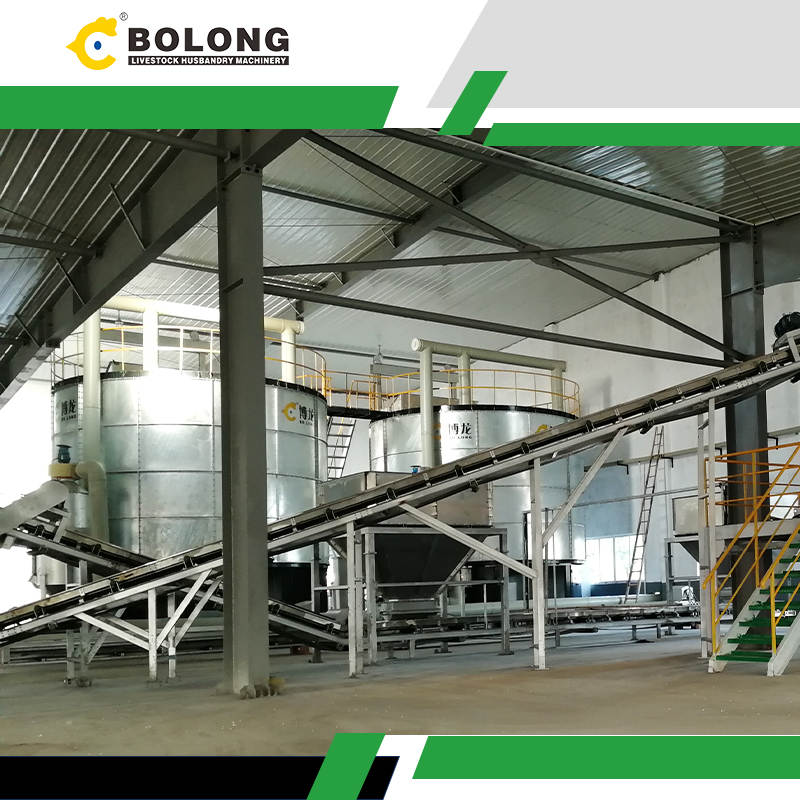
2021/1/1/ · VFAs and P production via Al-WAS fermentation with stepwise pH increase was studied. • The maximum yield of VFAs was 358.03 mg-COD/g VS at pH 11. • VFAs yield was enhanced from Al-WAS with step-wise pH operation. • P was also released and the maximum concentration was 186 mg/L at pH 11. •
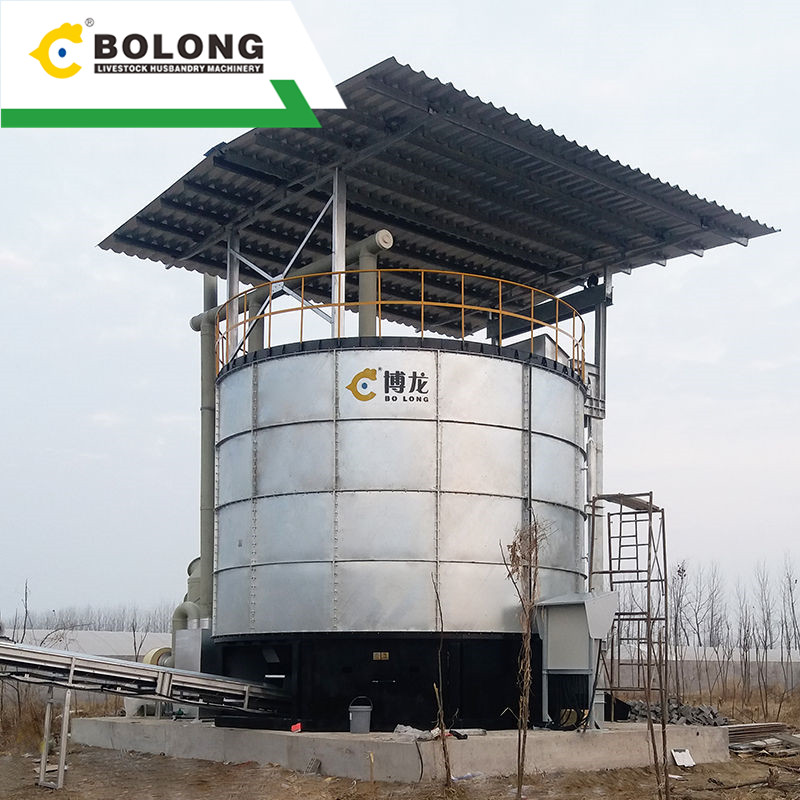
2017/4/1/ · 1. Introduction. Large amount of waste sludge (primary and wasted activated sludge) is generated all over the world from wastewater treatment plants (WWTPs) and direct discharge of sludge raises serious environmental concerns (Carrere et al., 2010).Due to its high organic content (such as carbohydrate and protein), waste sludge can be
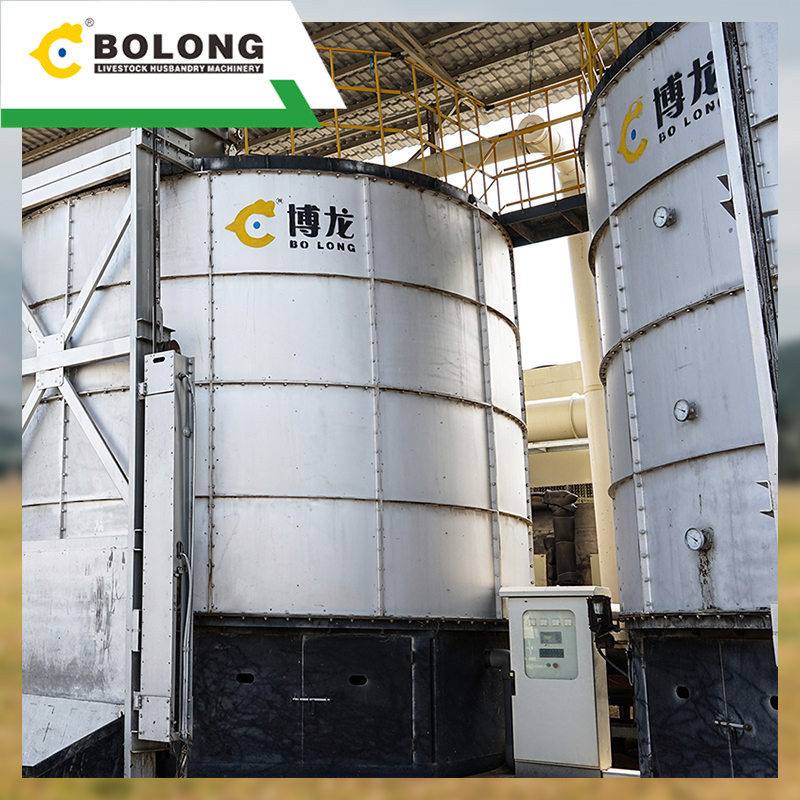
2020/4/1/ · In this study, a reliable approach using ammonia nitrogen was proposed to increase lactate production during semi-continuous food waste (FW) fermentation under mesophilic conditions. Both free ammonia nitrogen (FAN) and ammonium ion (NH 4 + -N) were present in mesophilic reactors, with a wide FAN/NH 4 + -N ratio variation due to the
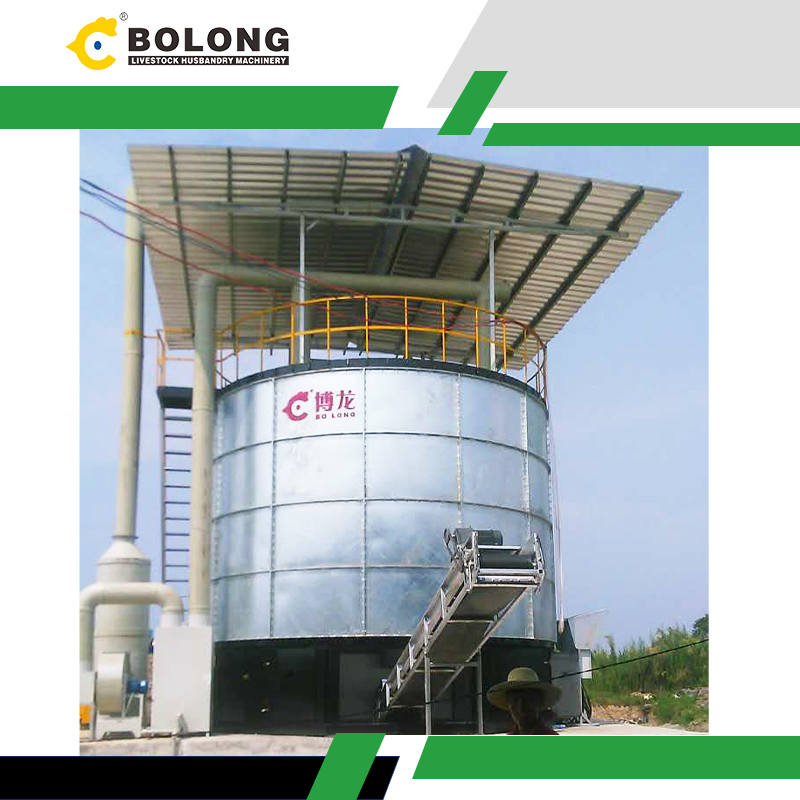
2024/4/1/ · Food waste-based bio-fertilizer production via aerobic composting and anaerobic digestion mitigates environmental pollution-related problems. The pie chart
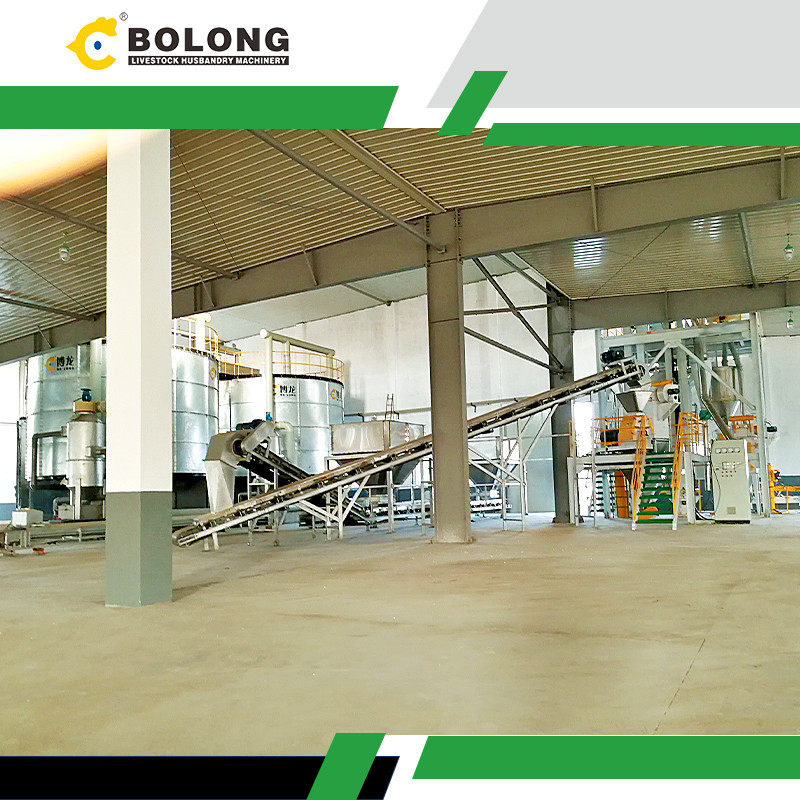
2017/1/11/ · The hydrogen production increased from 0.24 mol H 2 /mol hexose to 0.90 mol H 2 /mol hexose using conventional food and fermentation waste is a potential approach for chemical oxygen demand ...
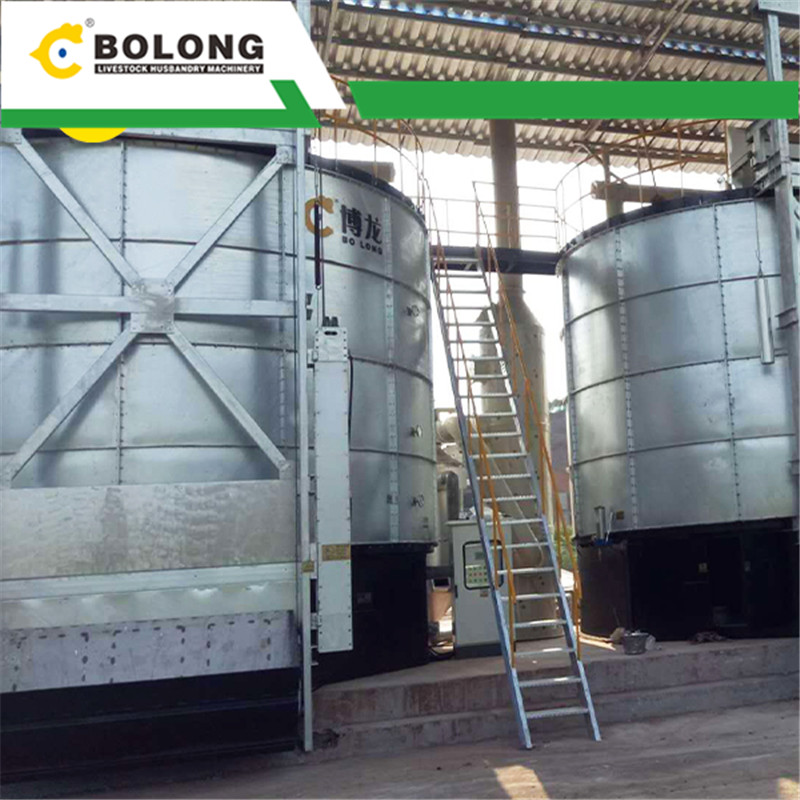
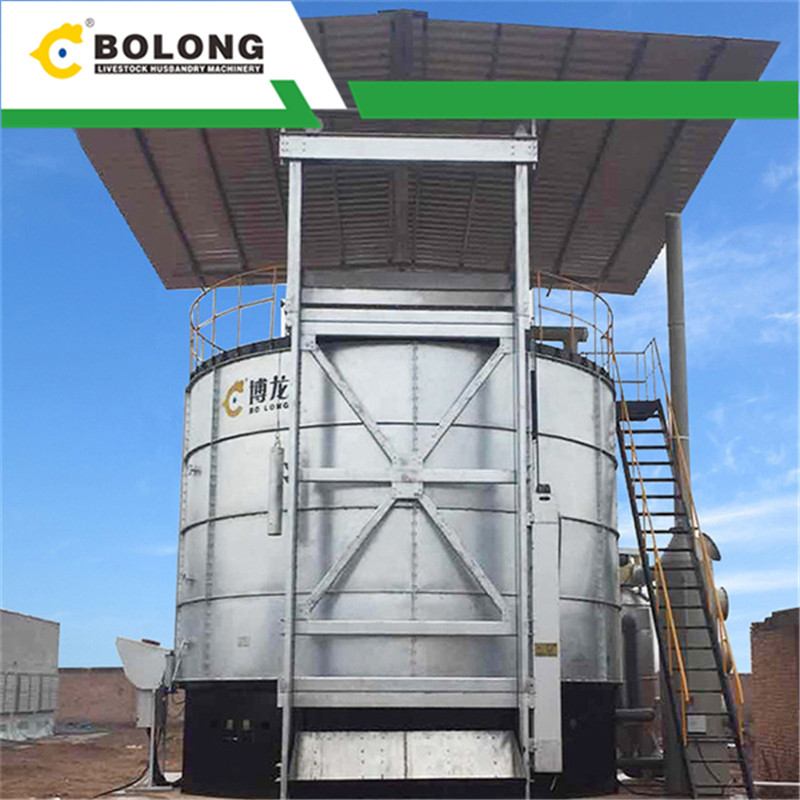
2023/8/17/ · Advanced fermentation techniques are also introduced, in-cluding cell immobilization, co-culture, simultaneous saccharification and co-fermentation. Genetic and metabolic engineering plays an important role in adapting wild-type strains to specific agricultural waste to increase LA production.

2023/8/25/ · Utilizing FW for recovery of bioenergy helps in addressing energy demand and waste management, simultaneously. Dark fermentation of organic rich FW is an
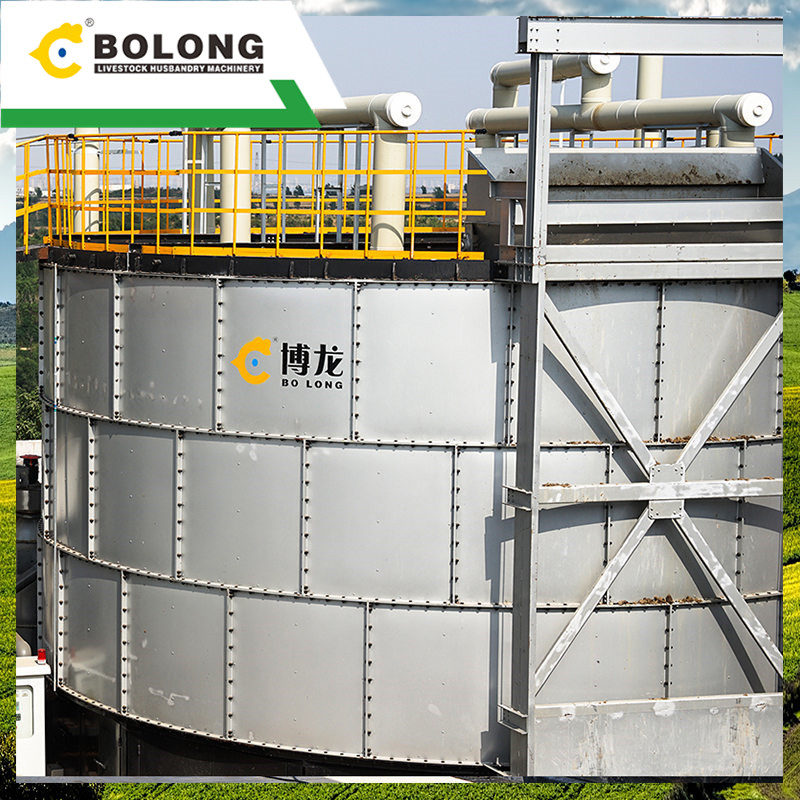
2019/12/27/ · Volatile fatty acids (VFAs) are intermediate products in anaerobic digestion. The effect of substrate loading or inoculum to substrate ratio (ISR), the addition

2024/3/1/ · As polylactate plastic (PLA) degradation is unsatisfactory in the mesophilic anaerobic fermentation process, this work aimed to unveil the influence of PLA on the characteristics of food waste acidogenic fermentation and enhance the volatile fatty acids (VFAs) production as well as PLA degradation by hydrothermal treatment.The addition
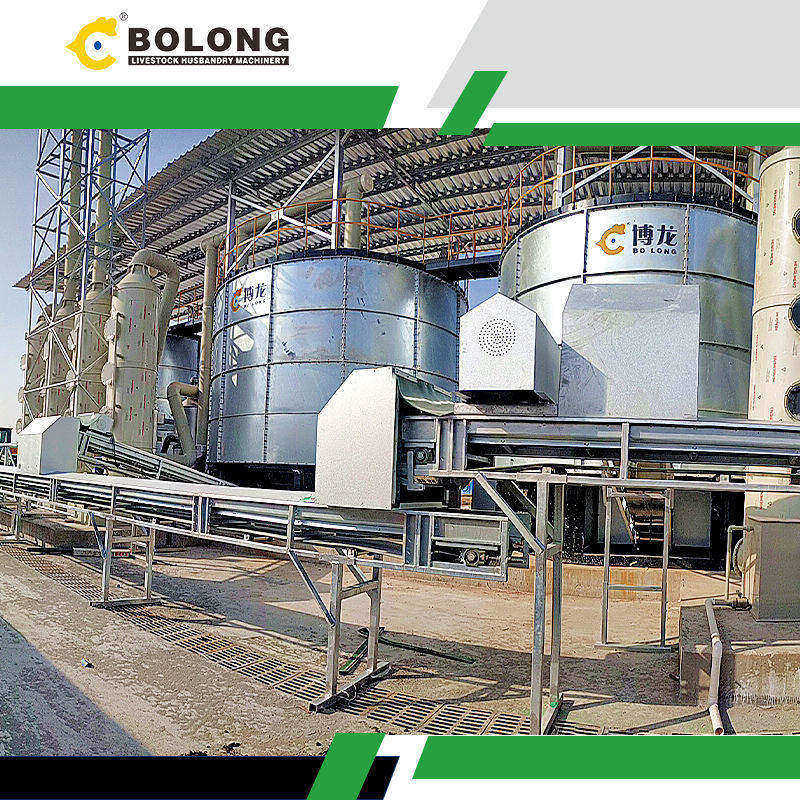
2023/4/27/ · Acidogenic fermentation of food waste using mixed microbial cultures can produce carboxylates [or volatile fatty acids (VFA)] as high-valued bioproducts via a

2020/7/28/ · 1.2. Non-Saccharomyces YeastsNon-Saccharomyces yeasts are a group of microorganisms used in numerous fermentation processes, since their high metabolic differences allow the synthesis of different final products.Generally, many of these yeasts capable of modifying the sensory quality of wines are considered as contaminants, so

2023/9/7/ · The use of yeasts for the production of proteases has increased in demand in recent years. Y. lipolytica has been reported as a strain with high yields of protease production. This work aimed to evaluate the impact of pH and temperature on the production of proteases using Y. lipolytica in solid-state fermentation (SSF). Soybean, …

2018/1/1/ · The US ethanol plants primarily use corn as the feedstock, accounting for 95% of the total production while only 1% of the total bioethanol produced comes from food and beverage waste as shown in Fig. 5.3.In 2016, 38% of the total corn grown in the United States was utilized for ethanol production which is threefold higher compared to 12.4% …
